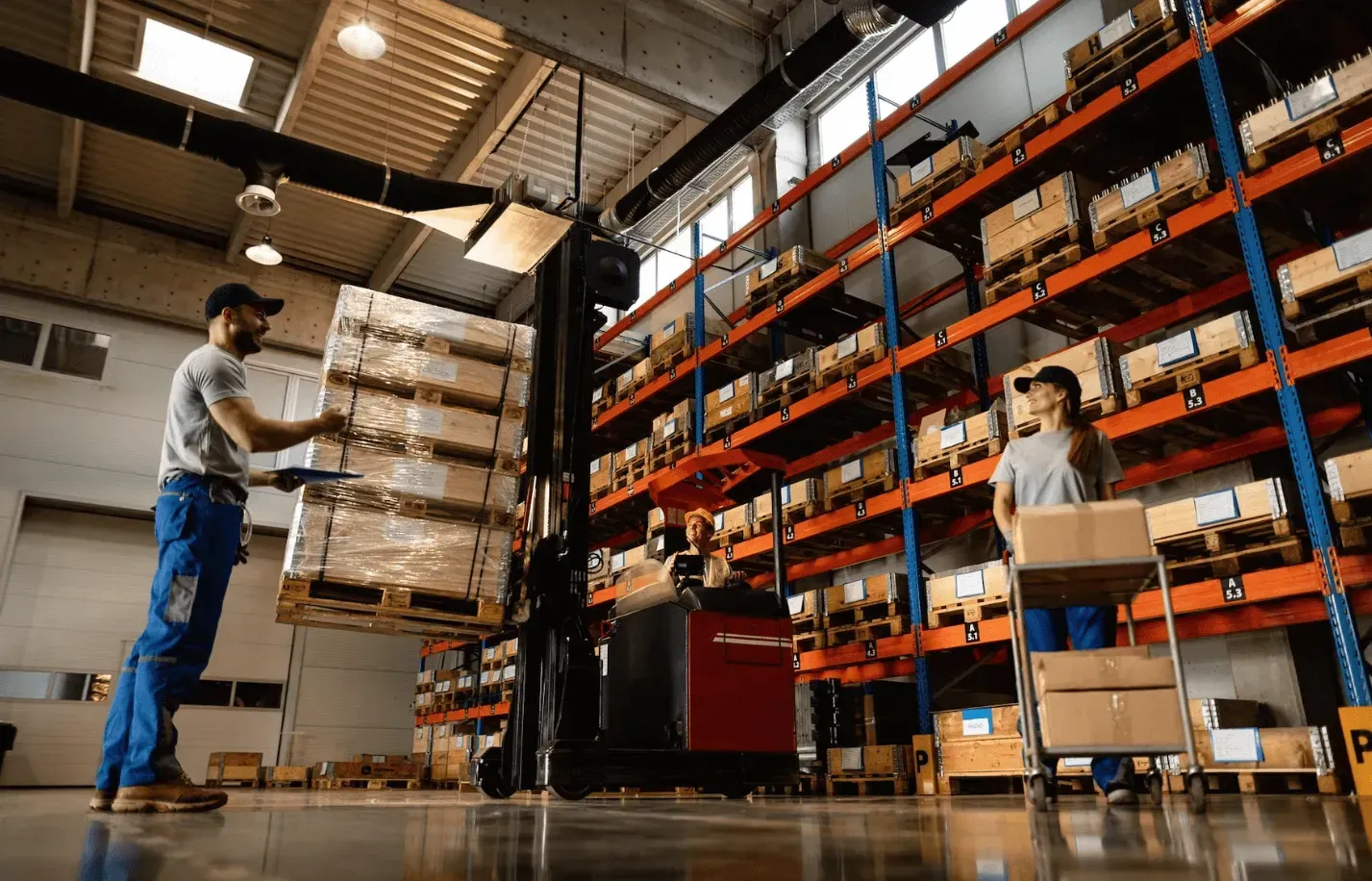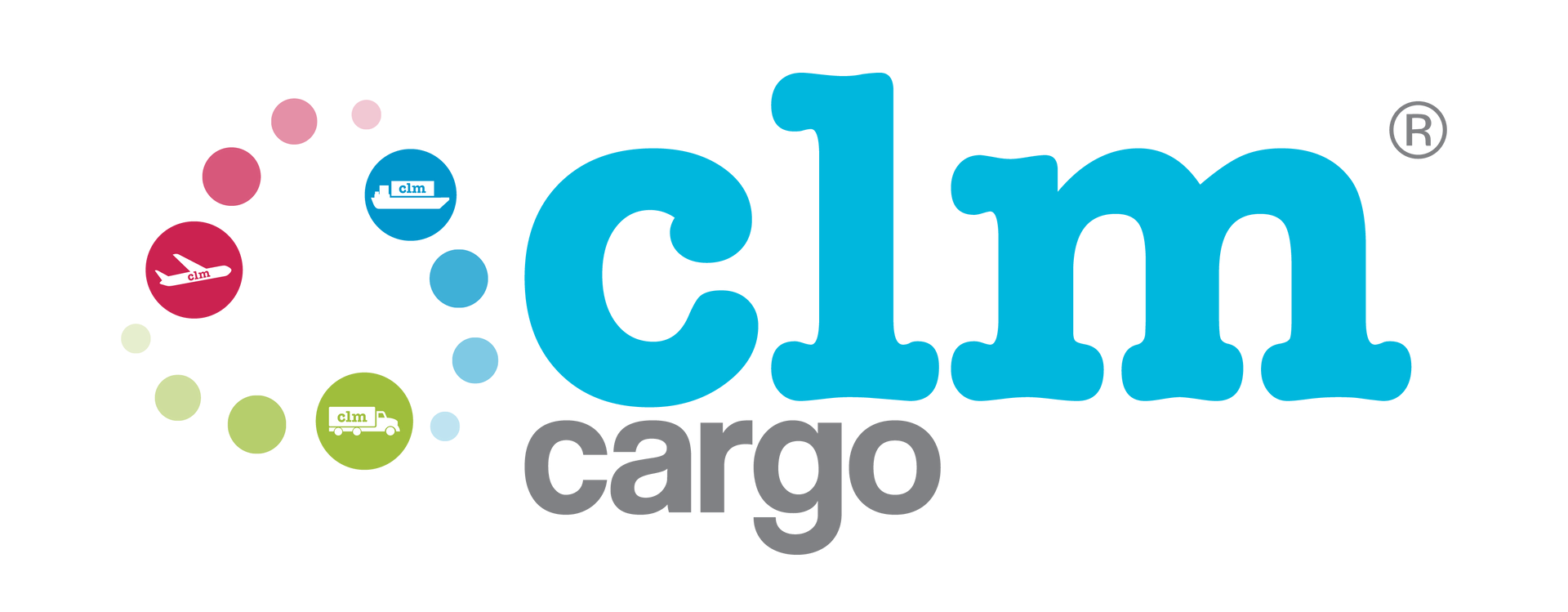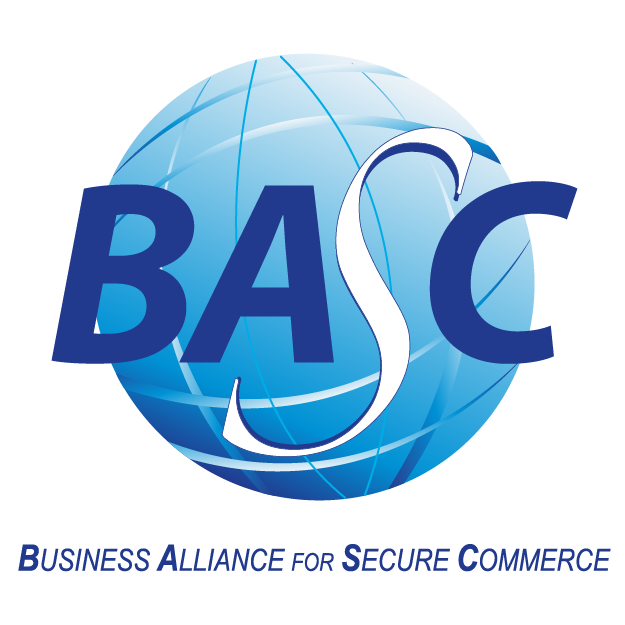Customs Brokerage in Colombia

Customs brokerage in Colombia plays a fundamental role in foreign trade. Customs Brokerage Companies (SIA) facilitate compliance with legal regulations for imports and exports. Their key role ensures the accuracy of information and helps prevent potential penalties.
Customs Brokerage Process in Colombia
In Colombia, the customs brokerage process is essential to ensure compliance with legal trade regulations, while facilitating import and export operations.
Functions of Customs Brokerage Companies (SIA)
Customs Brokerage Companies (SIA) play a vital role in assisting individuals and businesses with import and export processes, ensuring the accuracy and authenticity of customs documentation.
Legal Obligations in the Customs Process
SIAs are responsible for:
- Verifying the tariff classification of goods
- Ensuring proper documentation to avoid sanctions
- Handling valuation disputes related to discrepancies in declared prices
Requirements for Importing and Exporting Goods
To successfully manage customs procedures in Colombia, a set of requirements must be met. These include:
Required Documentation for Customs Procedures
- Commercial Invoice: Specifies the value of the goods and transaction terms
- Transport Document: Proof of the shipment method (e.g., airway bill, bill of lading)
- Certificate of Origin: Verifies the country of origin, which may include quality or sanitary certifications
- Customs Declaration: Official form detailing product characteristics and customs value
Tariff Classification of Goods
The tariff classification determines the duties and taxes applicable to imported or exported goods. Colombia uses the Harmonized Commodity Description and Coding System (HS). Accurate classification is critical to avoid errors in tax calculation and tariff application.
Importance of Working with a Specialized SIA
Partnering with a specialized Customs Brokerage Company is key to ensuring success in import and export operations. These companies provide tailored services for each client’s needs.
Role of Customs Brokerage Companies in Foreign Trade
- Ensure compliance with Colombia’s current customs regulations
- Offer expert guidance on tariff classification and customs documentation
- Streamline customs procedures, reducing time and administrative challenges
Benefits of an Efficient and Legally Compliant Service
- Ensure the accuracy of information in customs documents, avoiding penalties
- Minimize risks associated with import/export operations, offering security and reliability
- Prevent legal disputes in the customs process, maintaining transparency and compliance

Evaluation and Selection Process of a Customs Brokerage Company (SIA)
Key Factors When Choosing a Customs Brokerage Company
When selecting a Customs Brokerage Company (SIA) in Colombia, it is essential to consider several factors to ensure an efficient and reliable service that facilitates import and export operations.
- Experience and track record in the customs brokerage industry
- Up-to-date knowledge of Colombian customs regulations
- Ability to provide personalized advice for specific operations
- Reputation and client references within the sector
Contractual Agreements and Obligations
Once the appropriate SIA has been selected, it is vital to formalize the relationship by signing a contract outlining the mutual responsibilities between the company and the customs broker. This agreement should include:
- Description of services to be provided
- Applicable fees and payment terms
- Deadlines for document submission
- Other key service conditions
This contract helps ensure proper service delivery and clear accountability.
Ensuring the Accuracy of Customs Documentation
The accuracy of information in customs documents is critical to ensure compliance with legal regulations in import/export operations. Customs Brokerage Companies (SIAs) play a vital role in this process by assuming key responsibilities that help avoid sanctions and commercial disruptions.
Responsibilities of Customs Brokerage Companies
SIAs must guarantee the truthfulness and accuracy of the data in customs documents, ensuring that all information complies with current regulations. This includes:
- Verifying the tariff classification of goods
- Declaring preferential treatments correctly
- Submitting the appropriate documentation for each operation
Attention to Detail
SIAs must conduct thorough reviews of all customs forms and supporting documents:
- Carefully examine documents to detect potential errors or inconsistencies
- Validate data entered in customs forms to prevent discrepancies
- Ensure that all fiscal and customs information is complete and accurate before submission to the relevant authorities
Avoiding Penalties and Complications in Import/Export Processes
Inaccurate or mismanaged customs documentation can result in fines, delays, and significant complications during the import/export process. Therefore, it is critical for SIAs to adhere to all current legal requirements and maintain transparent communication with clients.
Error Prevention Measures
To minimize the risk of errors, SIAs should implement the following strategies:
- Ongoing training for staff involved in customs brokerage to ensure proper handling of documentation
- Quality control systems to verify the accuracy of information in customs documents
- Action protocols to be followed if any irregularities or errors are identified in the documentation






